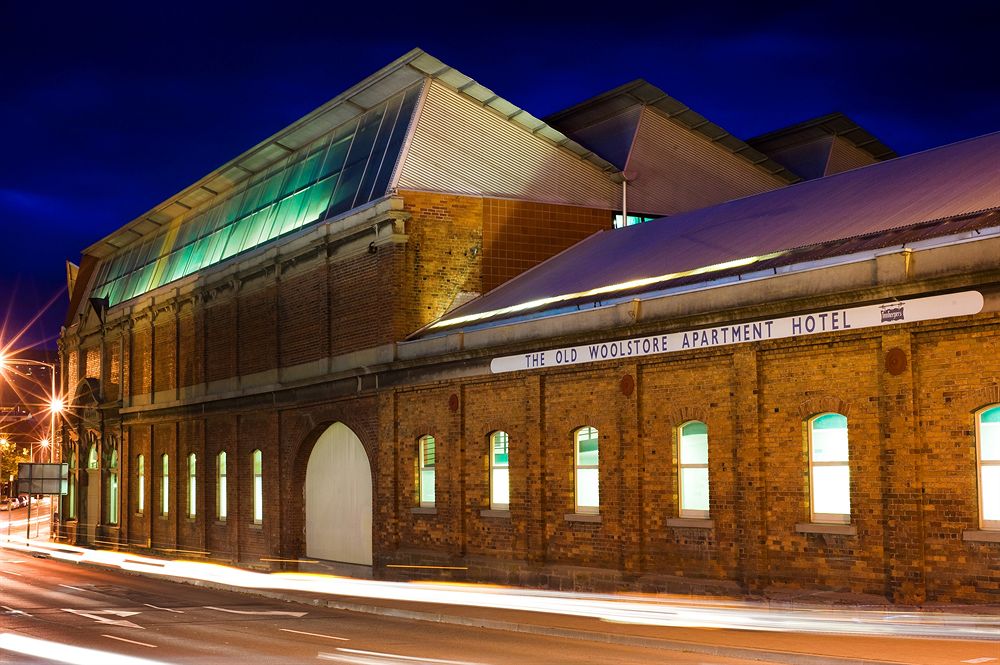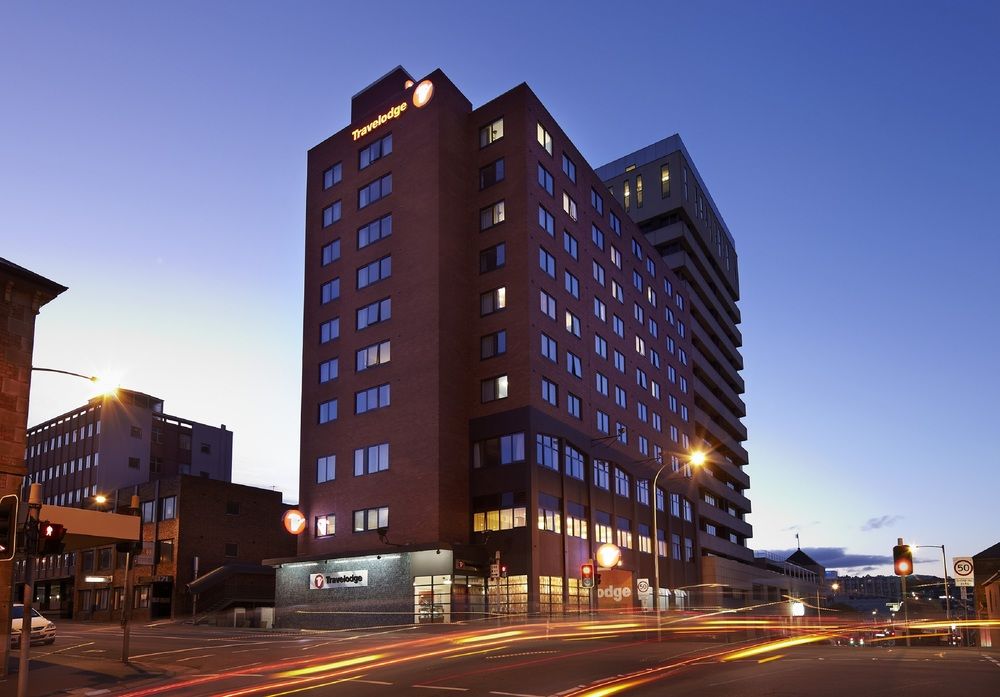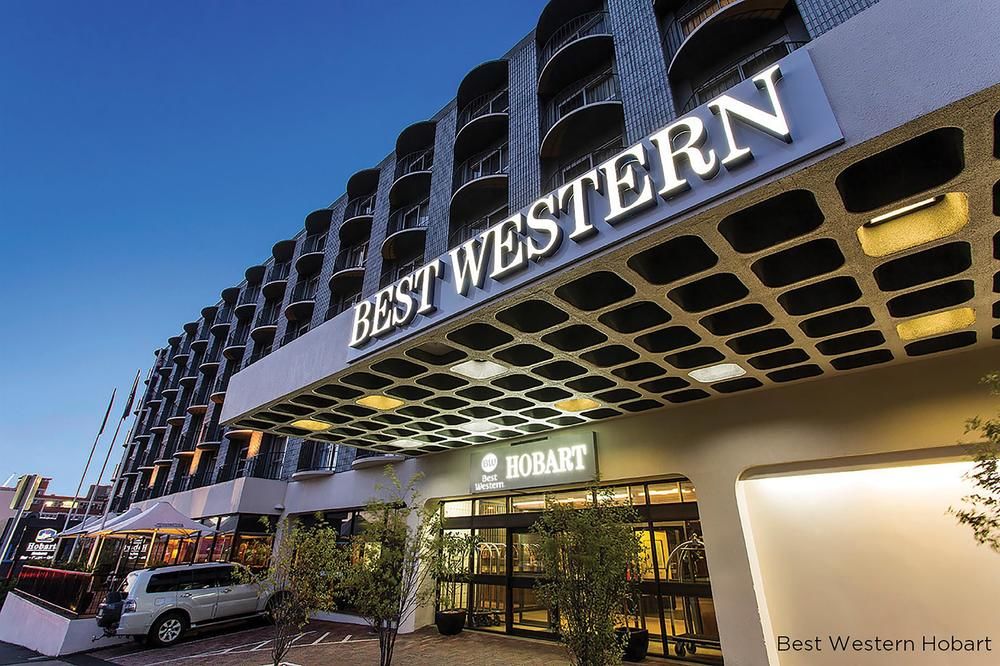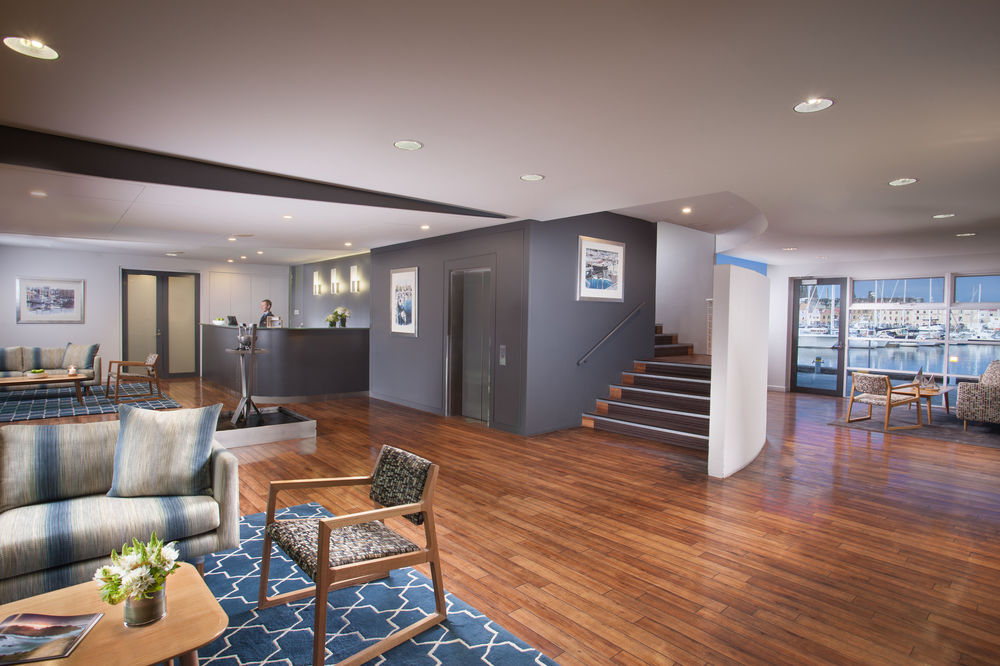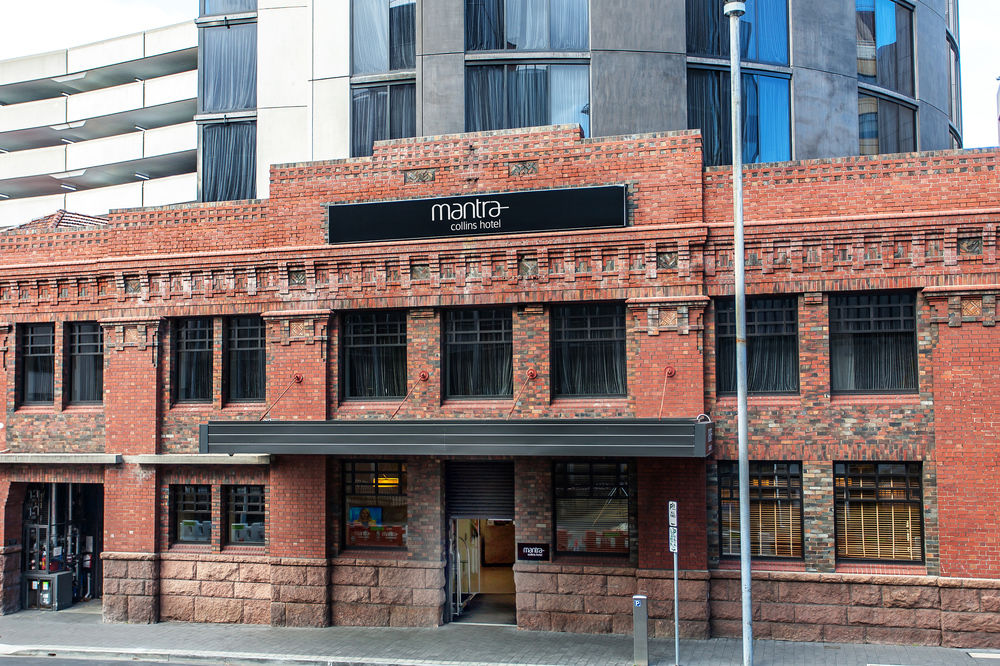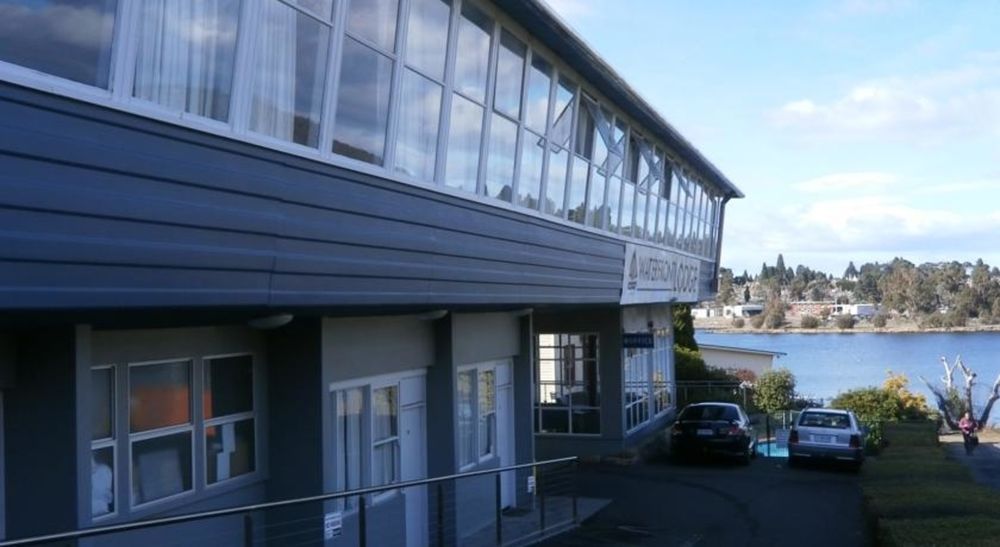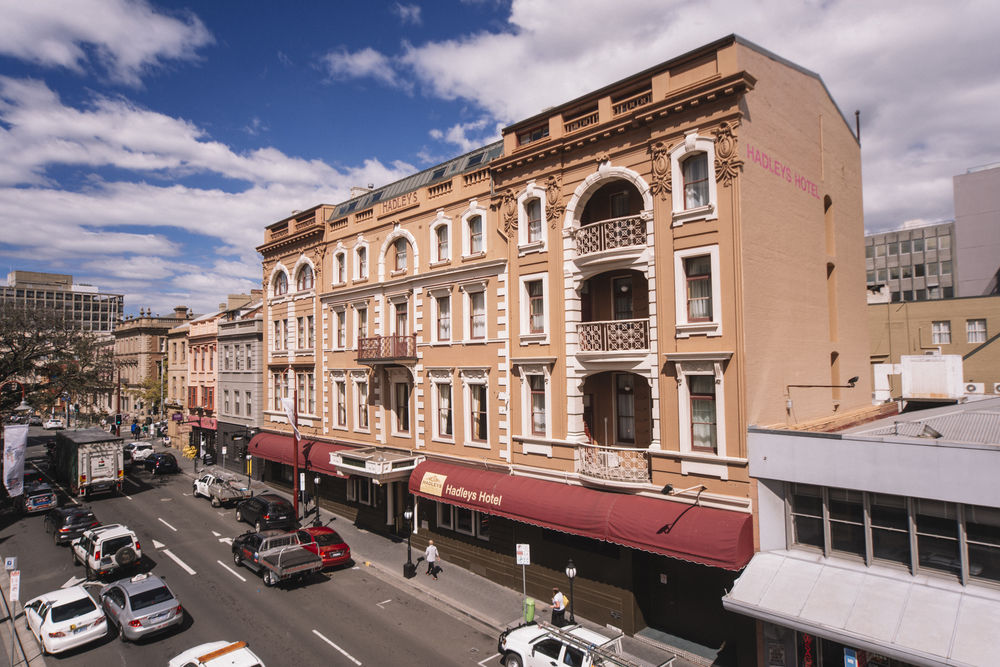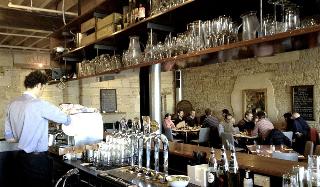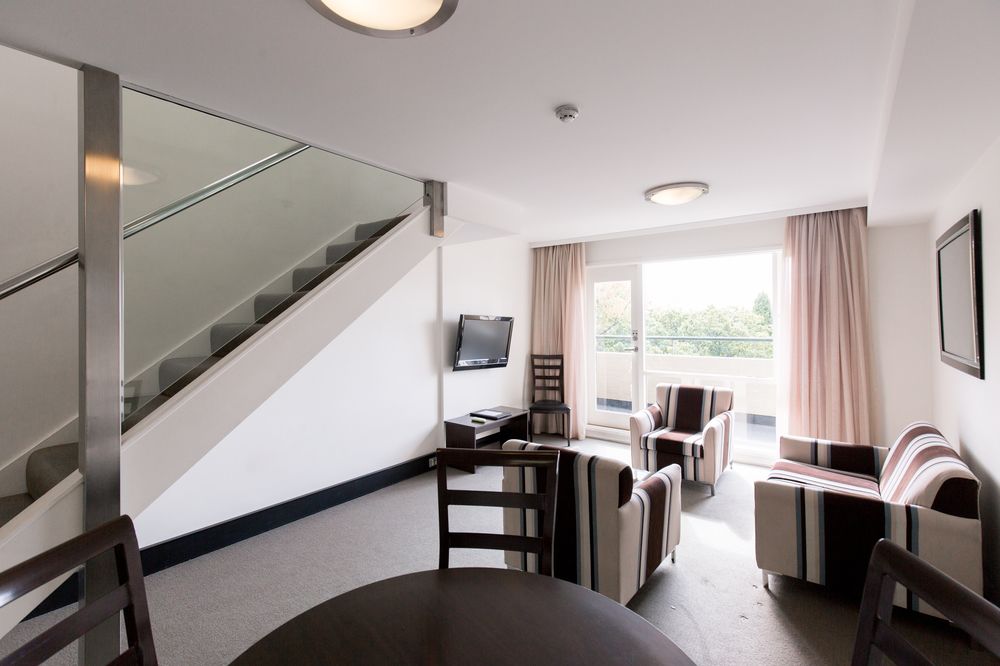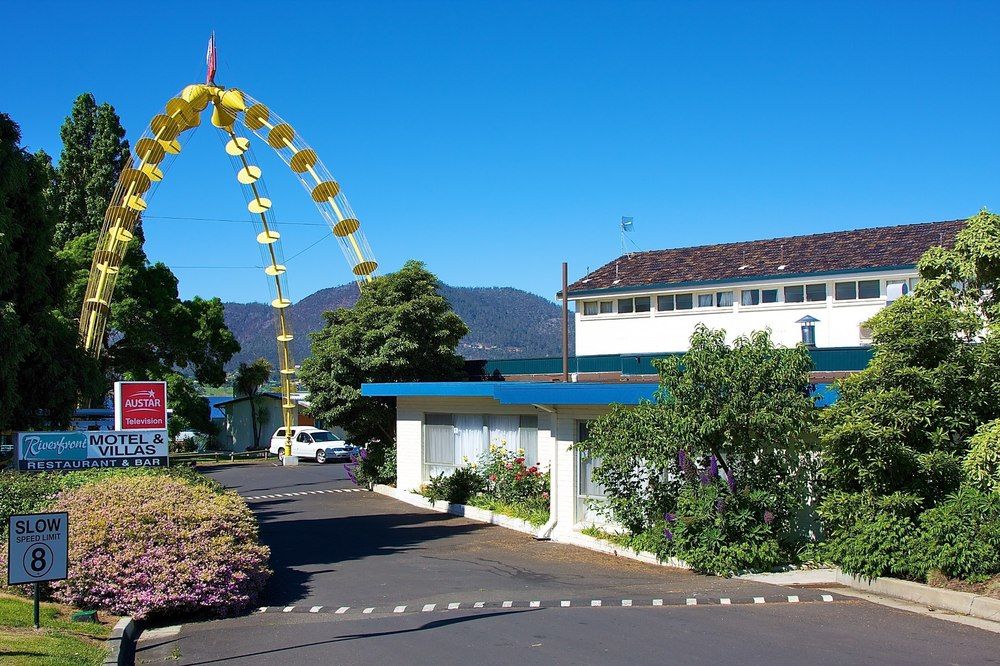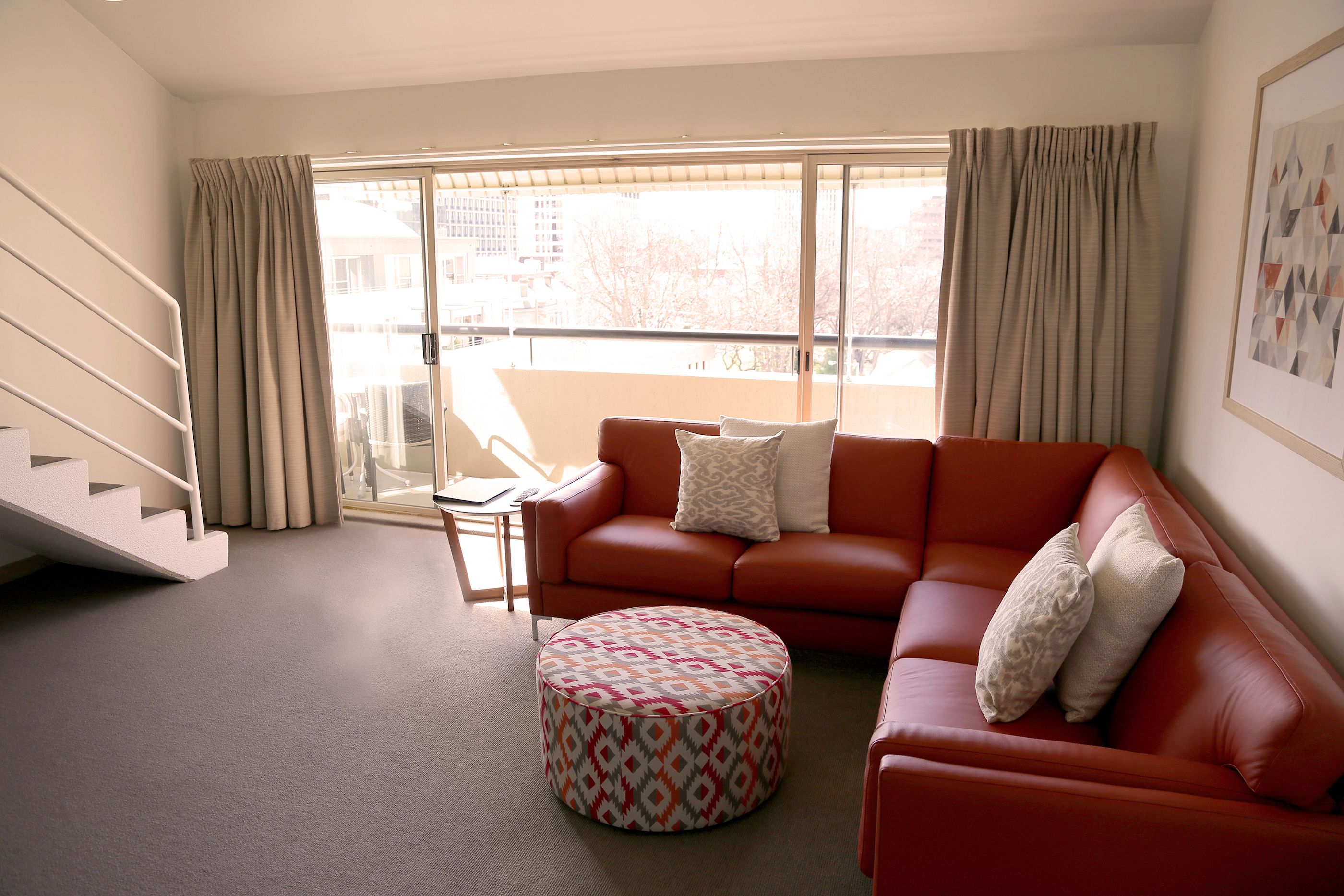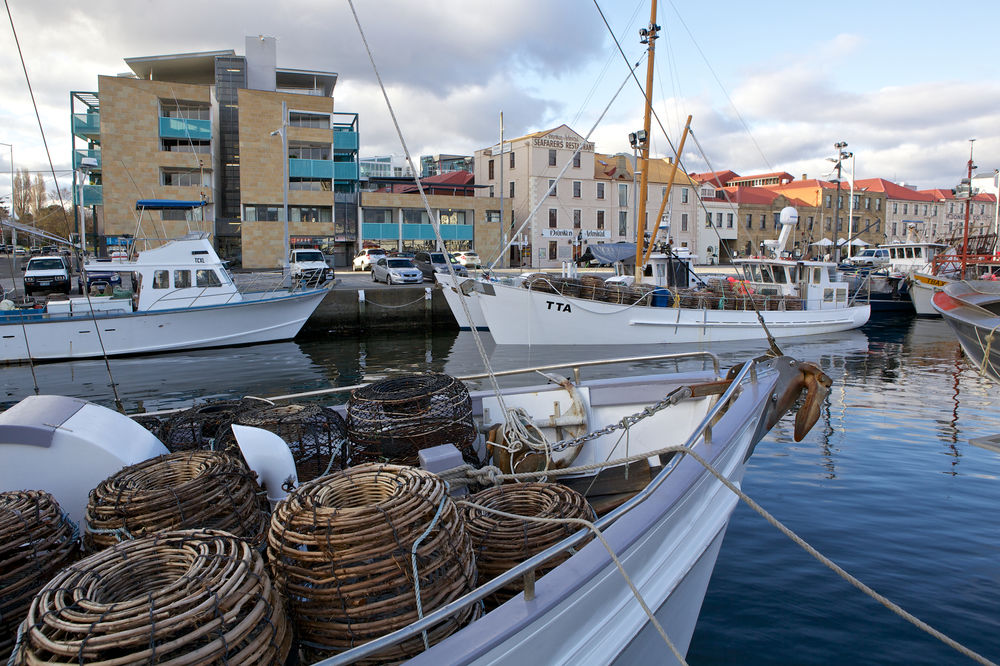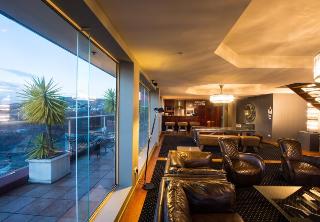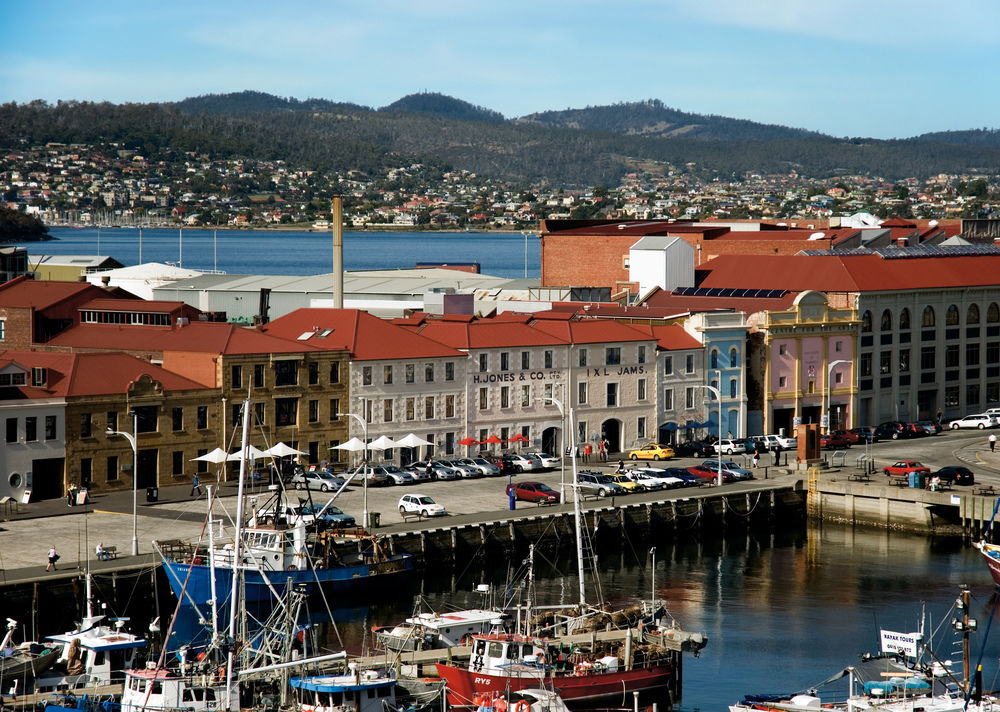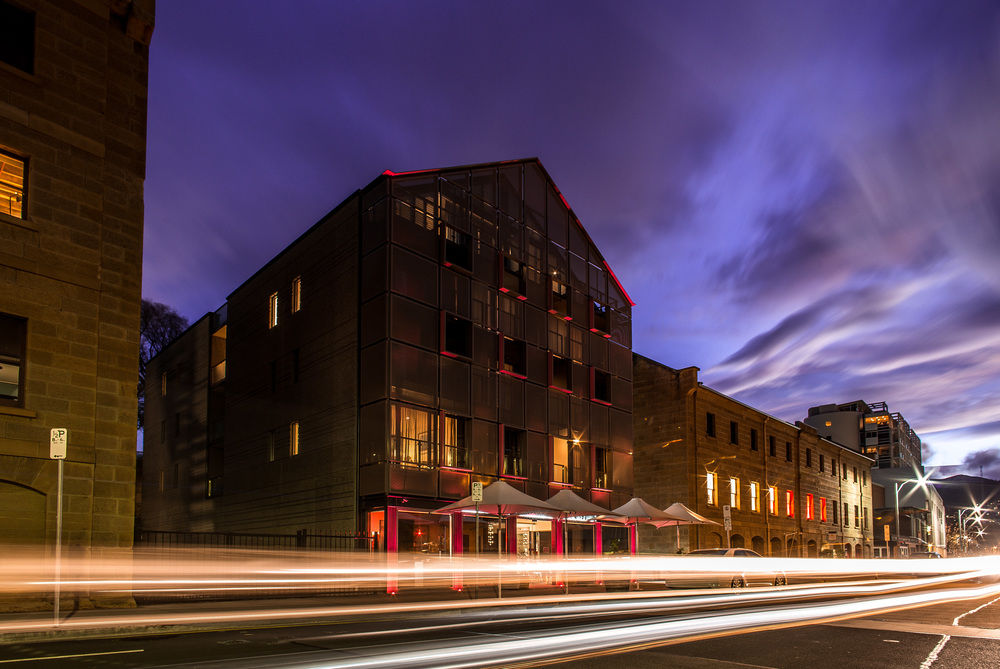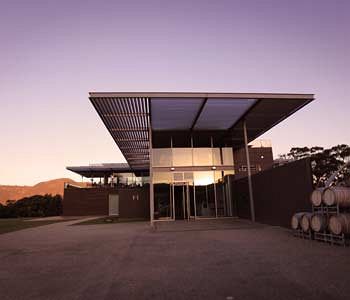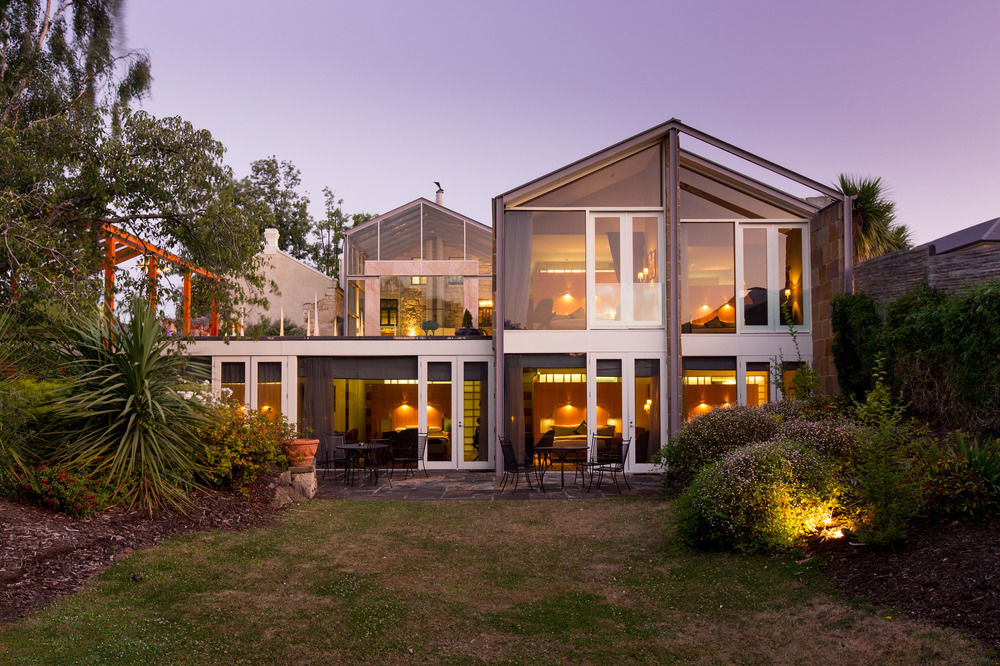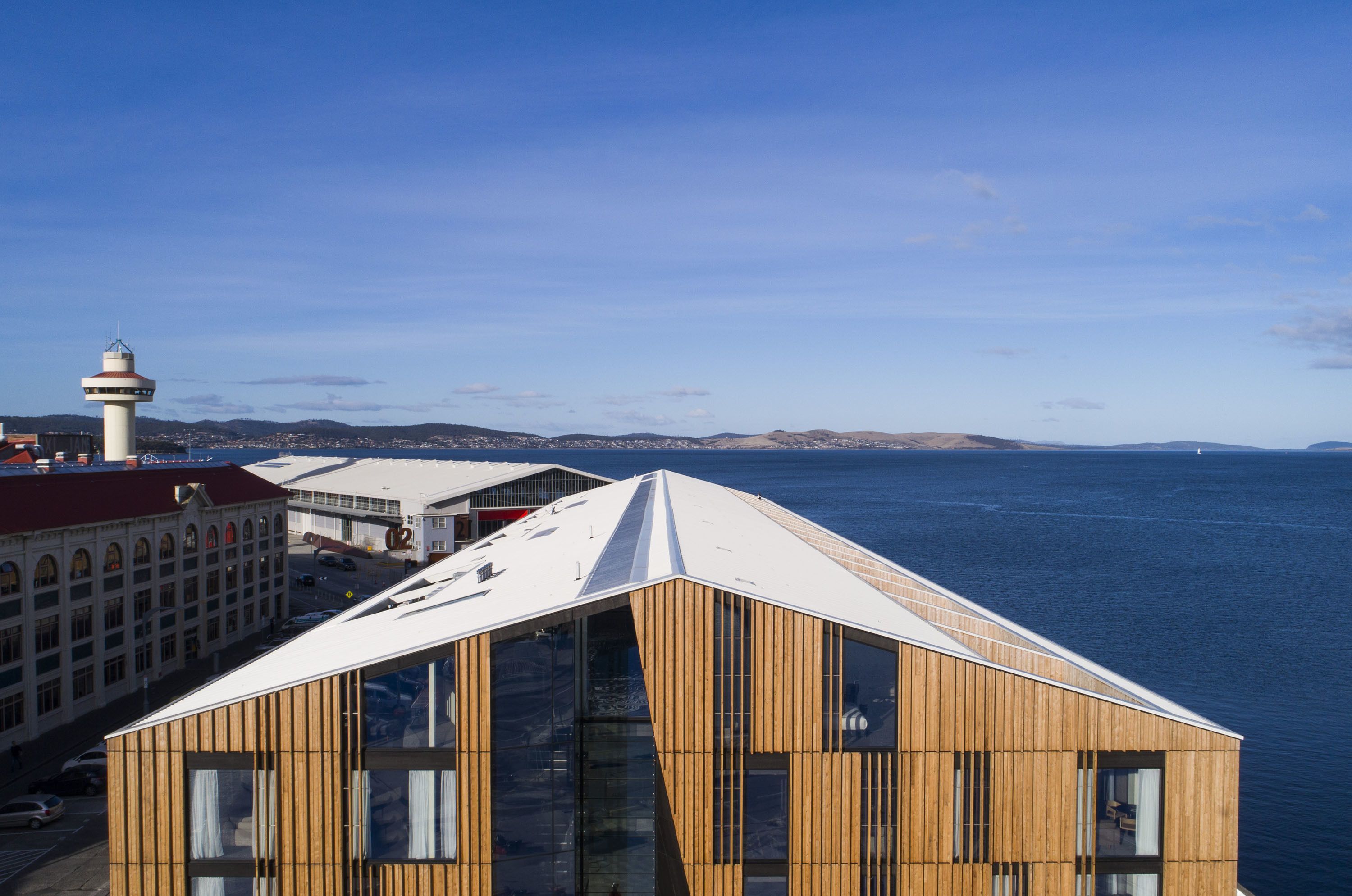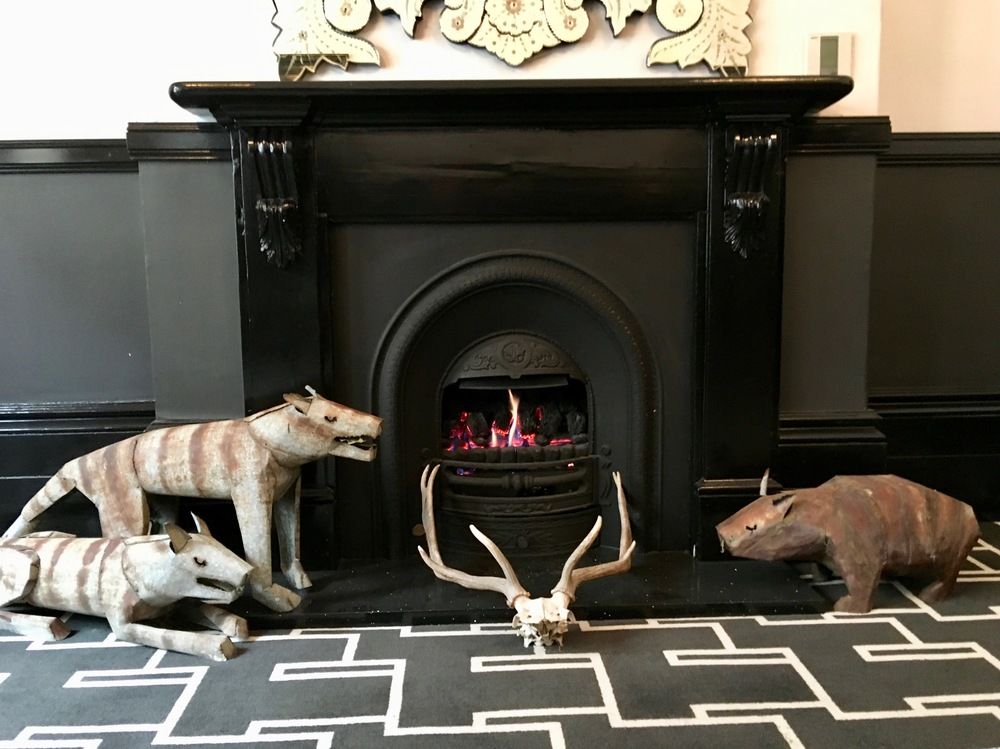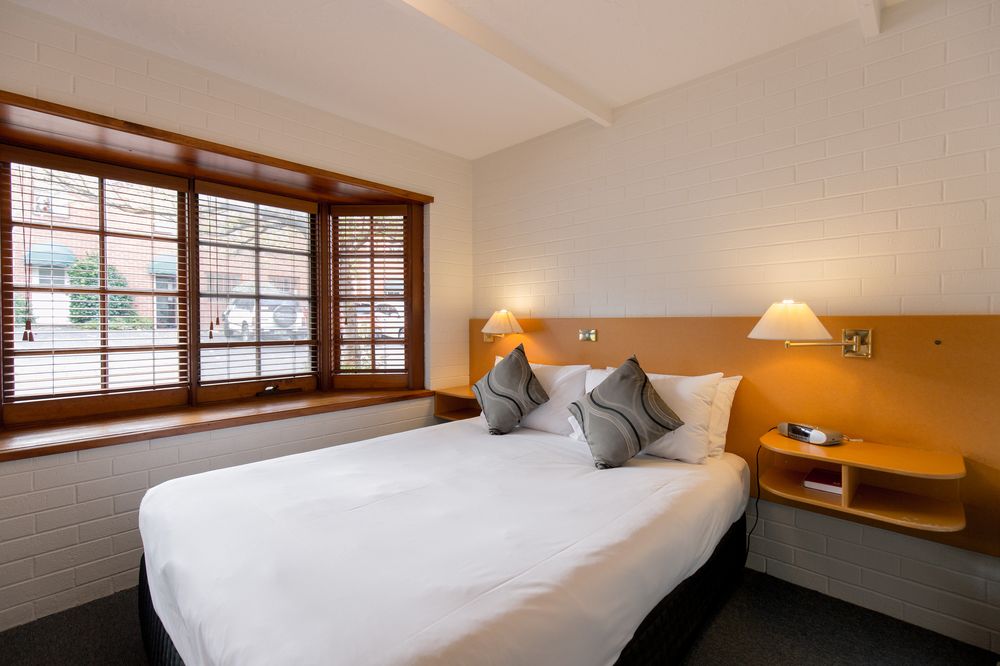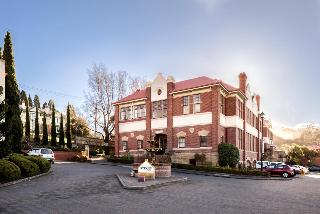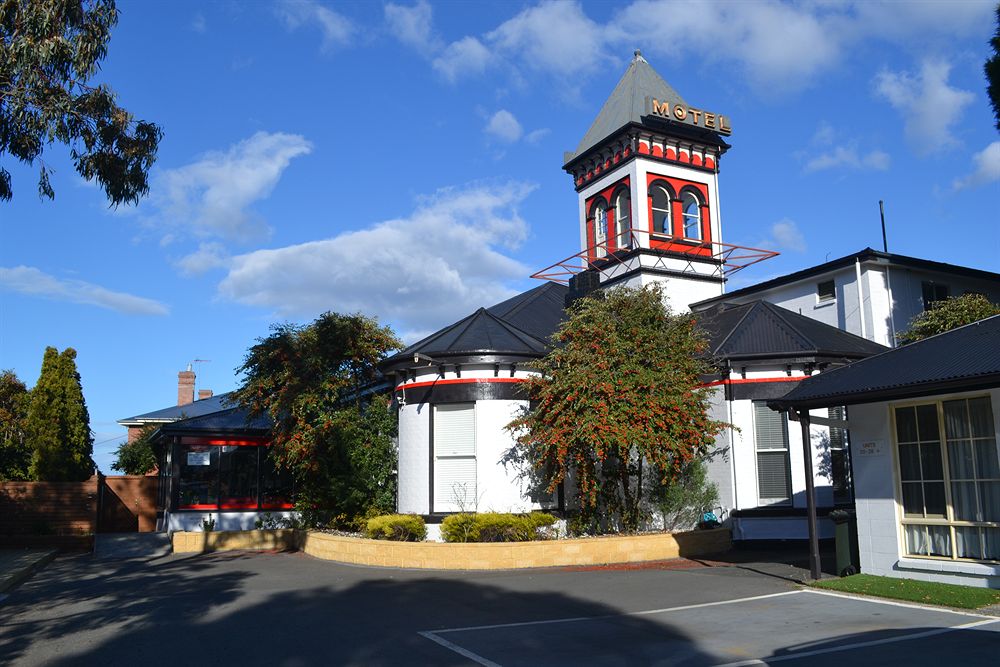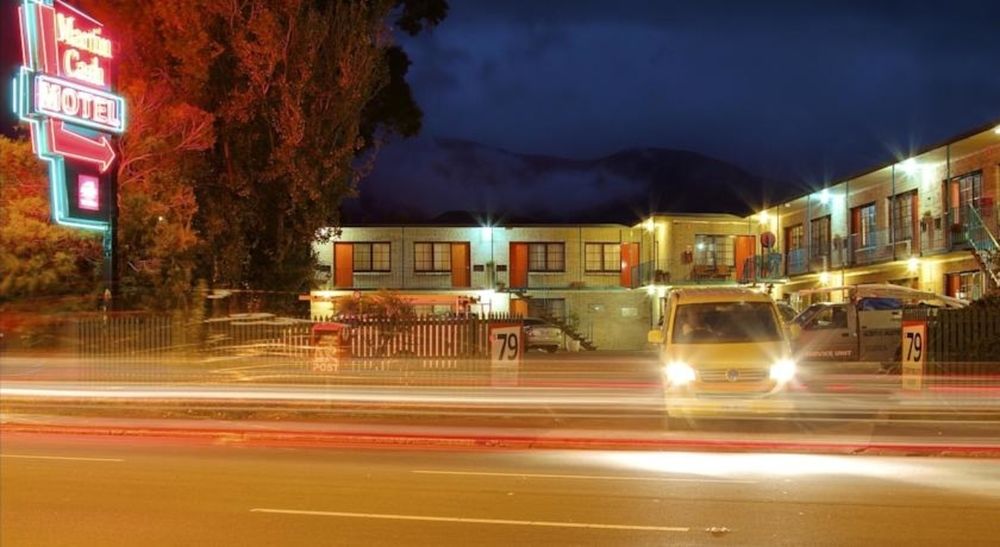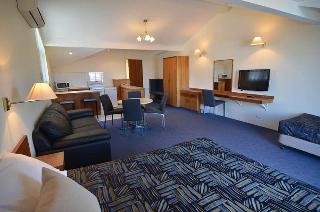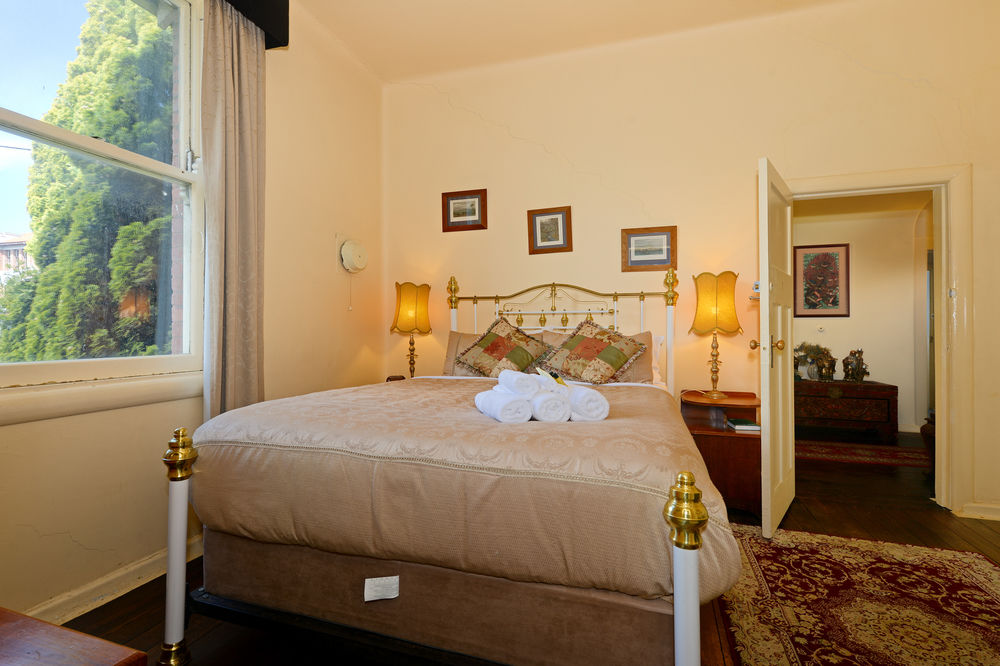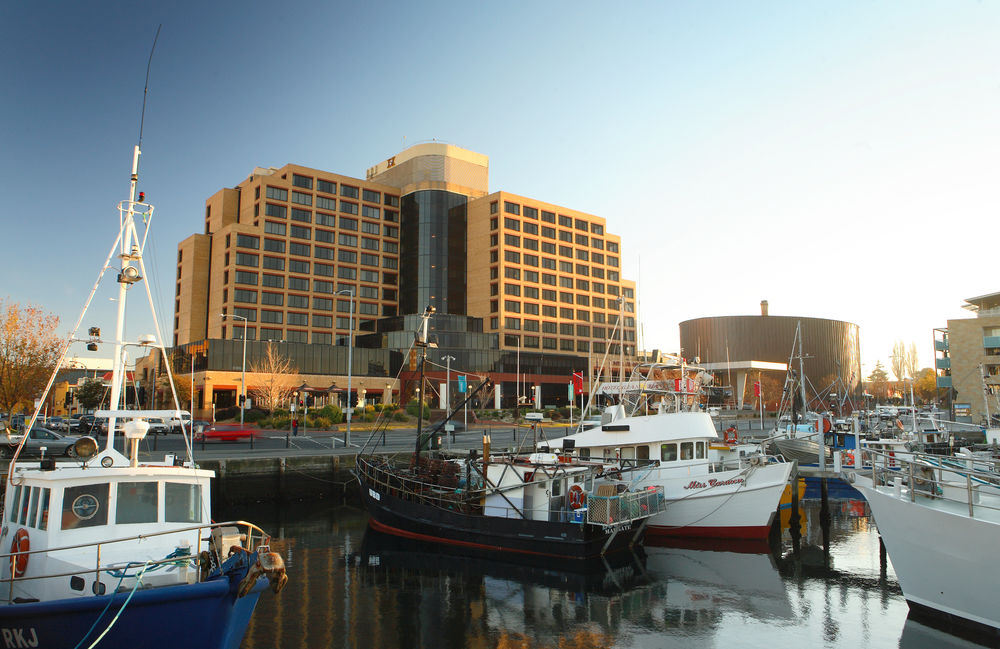
Find hotels in Hobart
Lowest prices detected by AI for hotels
Best
Cheapest
Star Ratings
AI Recommended
Best Hotels In Hobart
Cheapest Hotel Deals in Hobart
Top Rated Hotels
5 Star Hotels in Hobart
4 Star Hotels in Hobart
3 Star Hotels in Hobart
AI-recommended Destinations
Where to stay in Hobart
More About Hobart
Hobart ( ( listen)) is the capital and most populous city of the Australian island state of Tasmania. With a population of approximately 225,000 (over 40% of Tasmania's population), it is the least populated Australian state capital city. Founded in 1804 as a British penal colony, Hobart, formerly known as Hobart Town or Hobarton, is Australia's second oldest capital city after Sydney, New South Wales. Prior to British settlement, the Hobart area had been occupied for possibly as long as 35,000 years, by the semi-nomadic Mouheneener tribe, a sub-group of the Nuennone, or South-East tribe. The descendants of these Aboriginal Tasmanians often refer to themselves as 'Palawa'.
Since its foundation as a colonial outpost, the city has expanded from the mouth of Sullivans Cove in a generally north-south direction along both banks of the Derwent River, from 22 km inland from the estuary at Storm Bay to the point where the river reverts to fresh water at Bridgewater. Penal transportation ended in the 1850s, after which the city experienced periods of growth and decline. The early 20th century saw an economic boom on the back of mining, agriculture and other primary industries, and the loss of men who served in the world wars was counteracted by an influx of immigration. Despite the rise in migration from Asia and other non-English speaking parts of the world, Hobart's population remains predominantly ethnically Anglo-Celtic, and has the highest percentage of Australian-born residents among the Australian capital cities.In June 2016, the estimated greater area population was 224,462. The city is located in the state's south-east on the estuary of the Derwent River, making it the most southern of Australia's capital cities. Its harbour forms the second-deepest natural port in the world. Its skyline is dominated by the 1,271-metre (4,170 ft) kunanyi/Mount Wellington, and much of the city's waterfront consists of reclaimed land. It is the financial and administrative heart of T
 Time UTC+10
Time UTC+10 Currency AUD
Currency AUD Languages English
Languages EnglishWhat’s Special about Staypia?
Compare hotel prices in real-time
AI finds you the lowest price for hotels in Hobart.
Lowest price for 3.16M hotels worldwide
Book with up to 31% extra discounts only for Staypia members.
Travel bucket list for Hobart
Plan your trip with over 17K 'must see' recommendations for Hobart
Frequently Asked Questions
The best hotels in Hobart are Grand Chancellor Hotel Hobart, The Old Woolstore Apartment Hotel, Wrest Point.
The best 5 star hotels in Hobart are Sullivans Cove Apartments, The Henry Jones Art Hotel, Salamanca Wharf Hotel. Search for the most highly rated hotels in Hobart
The most highly rated hotels in Hobart are Grand Chancellor Hotel Hobart, The Old Woolstore Apartment Hotel, Wrest Point.
Generally, room reservations are subject to a free refund until the cancellation deadline. Fees may apply after the cancellation deadline, so please check the cancellation deadline on your hotel voucher or in Menu > My Reservation.
If you’re a frequent traveler, Staypia is the best place to get the best hotel deals. You can book hotels with the lowest price of 3.16 million hotels collected by AI, and receive additional discounts for members only.
